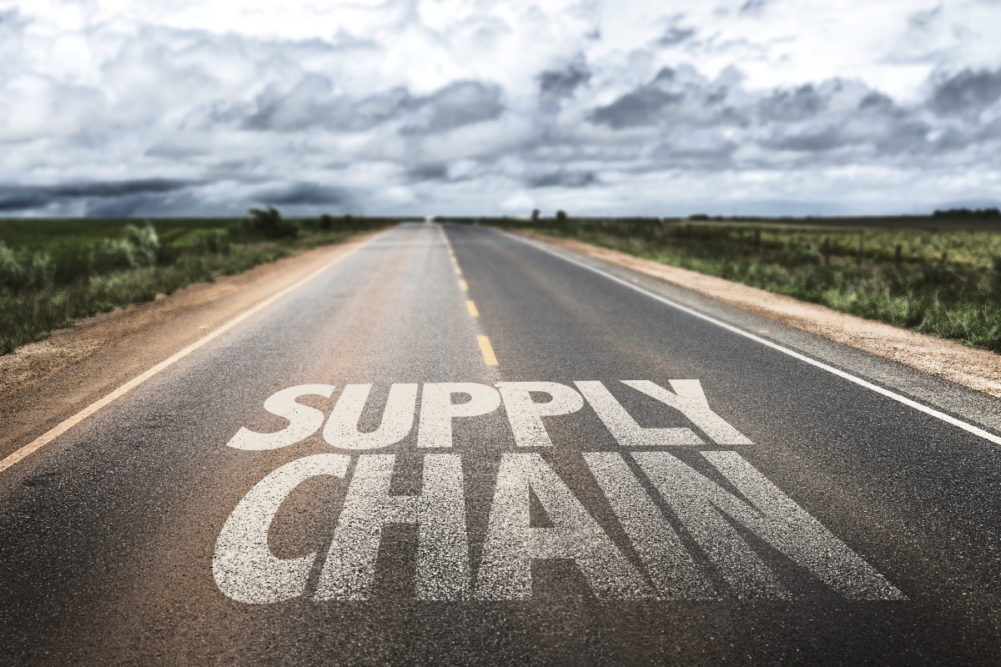SAN FRANCISCO, CALIFORNIA, US —BRF, Raízen, Rumo, AMAGGI and SINAI Technologies have formed a collaboration to collect, calculate, forecast and share primary emissions data across the global agricultural supply chain to drive industry mitigation and decarbonization.
Through this collaboration, the companies reinforce commitments to the global agenda, understanding that engagement is essential to reach decarbonization. This is the first time – in any industry – for a collaborative initiative with the shared goal of identifying decarbonization opportunities throughout all supply chain operations. While this first partnership focuses on the agriculture industry, the goal is to accelerate the deployment of low carbon solutions across any and all supply chains.
"Taking part in such an initiative with key players within our value chain strengthens AMAGGI's project to start soon offering carbon-neutral soy to the market, positively impacting the GHG emissions of the products offered to consumers,” said Juliana de Lavor Lopes, AMAGGI's ESG, communication and compliance director. “We understand that agriculture has a fundamental role in combating climate change. Therefore, offering climate solutions to global challenges is in line with our sustainability strategy, which includes commitments to decarbonize our operations by 2035 and to neutralize net emissions by 2050 (NetZero emissions), according to the Science-Based Targets initiative (SBTi) and the global Race to Zero movement, which we are a part of."
These companies will connect emissions from seed processing to agricultural production, trading, logistics, feed and food production and operation, and finally distribution from Brazil to global markets using SINAI Technologies’ decarbonization platform. From a consumer perspective, this yields the potential to see carbon-neutral food products available at local supermarkets.
The companies are utilizing SINAI Technologies’ decarbonization platform to allow industry experts to develop emission allocation frameworks based on the primary data provided while prioritizing data privacy. The goal is for software to provide automated allocation methodologies that are developed and reviewed by sustainability experts to guarantee that the primary data in this way will provide accuracy and transparency which may incentivize the adoption of low-carbon solutions and contribute to the liquidity and reliability of off-sets and in-sets in a voluntary market.
All data collected will be audited by a third party to validate the data, allocation methodologies, and calculations in SINAI’s decarbonization platform.
“It is pivotal that we continue to find moments to collaborate across global supply chains and enable cross-industry collaboration. Initiatives like this, and the Carbon Transparency Partnership from the WBCSD and the RMI, add substantial value to global adoption and collaboration, and set the tone for others to follow,” said Maria Fujihara, chief executive officer and founder, SINAI Technologies.






